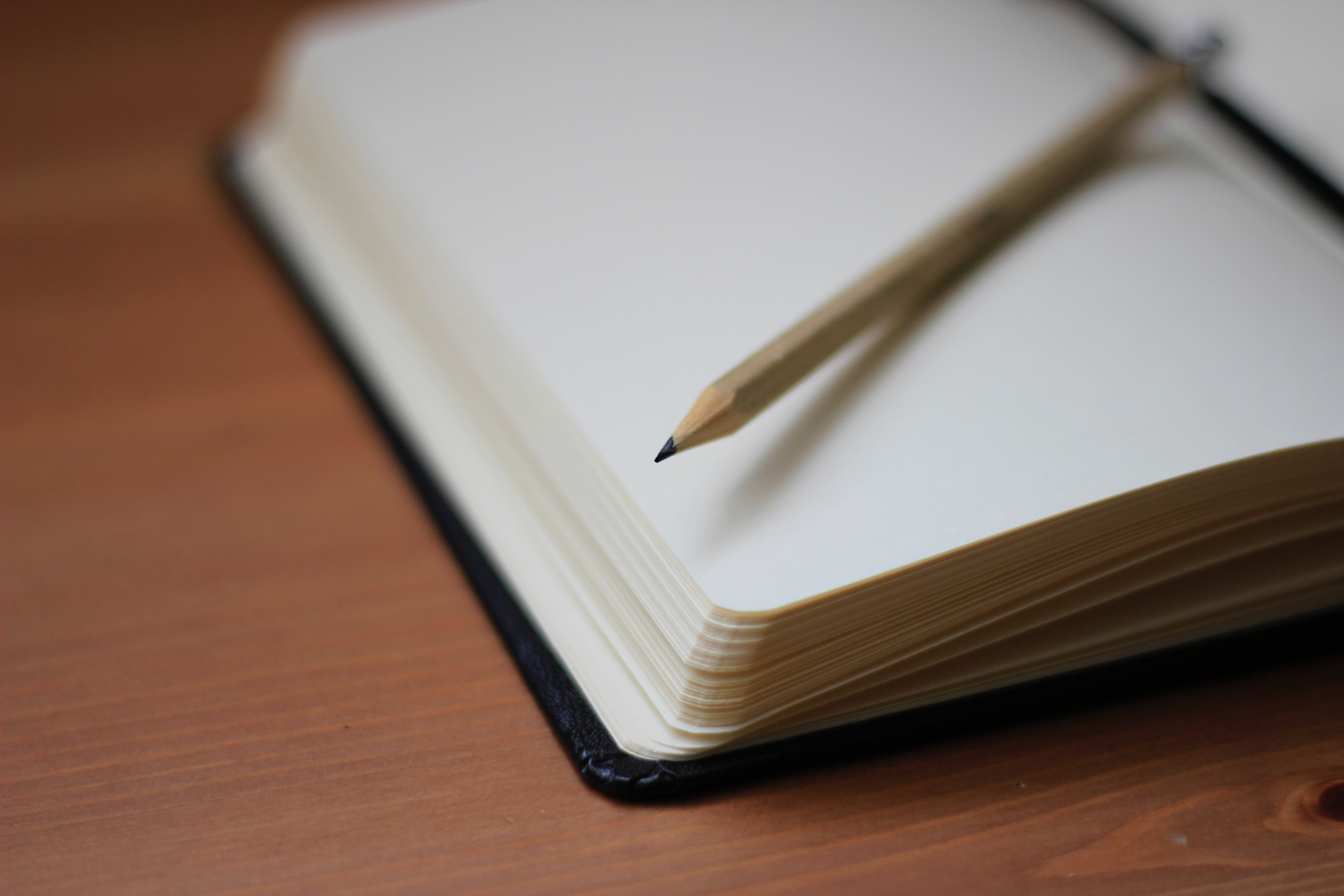Exploring your emotions through writing has a long list of benefits, from growing your gratitude to helping you sort through complicated problems. According to a recent BBC piece, wound healing might belong on that list too, as a small but intriguing body of research suggests that there’s a link between expressive writing and our immune systems.
As the BBC piece details, this research started in 1986 when psychology professor James Pennebaker assigned students to spend 15 minutes a day for four days writing about the biggest trauma or most difficult time in their lives. Six months later, Pennebaker found these students made significantly fewer trips to the doctor’s office over the course of those six months.
Interestingly, Pennebaker found that the way people wrote about their experiences mattered. BBC writer Claudia Hammond notes that “Those whose wounds healed the fastest began by using the word ‘I’ a lot, but in later sessions moved on to saying ‘he’ or ‘she’ more often, suggesting they were looking at the event from other perspectives. They also used words like ‘because,’ implying they were making sense of the events and putting them into a narrative.”
New research from the University of Nottingham in New Zealand also investigated the benefits of writing on post-surgical recovery. Researchers compared the health of 60 volunteers who wrote about a distressing event with another 60 volunteers who wrote about how they spent their previous day, according to the BBC. This intervention came either before or after the participants received a punch biopsy to their upper arms. Individuals in the expressive writing group were six times more likely to have their wound heal within 10 days than the people in the control group.
It’s important to note though that not all of the research investigating writing and physical healing has found a strong link between the two. The BBC piece also notes that writing-as-treatment is rarely used in clinical settings. Still, as research into the relationship between writing and health continues to grow, it opens up the possibility of a future where doctors make use of this mind-body connection and use writing as a tool to help patients recover faster.
Read more on the BBC.


